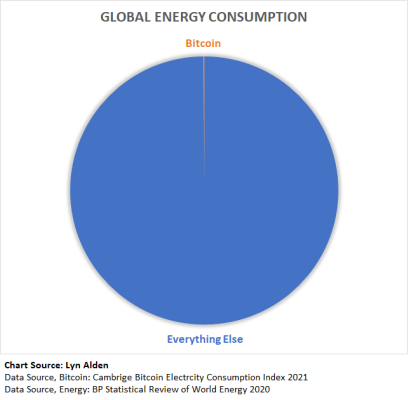In order to maintain some balance in the discussion (i.e., to bring more points of view than just that of "crypto evangelism"), here again is my response to the OP's question... for your convenience!
More from the same author:
Digital currencies are transforming the future of money
Five myths about cryptocurrency
The five myths listed are:
Myth #1. "A cryptocurrency is real money that can be used for payments."
Myth #2. "Cryptocurrencies are a good investment."
Myth #3. "Bitcoin is fading. Meme coins are the future."
Myth #4. "Cryptocurrencies will displace the dollar."
Myth #5. "Cryptocurrencies are just a fad and will fade away."
The article gives reasons why these are myths. Notice the absence of one-sided argumentation ("this will save the world" vs. "this is trash"). The above articles are more of an academic-type treatment, and may be useful as more neutral references in the midst of an overwhelming amount of evangelistic fervor.
Here's an article on this topic from an economist with Cornell University and Brookings Institution.
The Brutal Truth About Bitcoin
Regarding "major changes that may or may not be occurring", the same author is preparing to publish a book about that.
The Future of Money
More from the same author:
Digital currencies are transforming the future of money
Five myths about cryptocurrency
The five myths listed are:
Myth #1. "A cryptocurrency is real money that can be used for payments."
Myth #2. "Cryptocurrencies are a good investment."
Myth #3. "Bitcoin is fading. Meme coins are the future."
Myth #4. "Cryptocurrencies will displace the dollar."
Myth #5. "Cryptocurrencies are just a fad and will fade away."
The article gives reasons why these are myths. Notice the absence of one-sided argumentation ("this will save the world" vs. "this is trash"). The above articles are more of an academic-type treatment, and may be useful as more neutral references in the midst of an overwhelming amount of evangelistic fervor.
Last edited:

